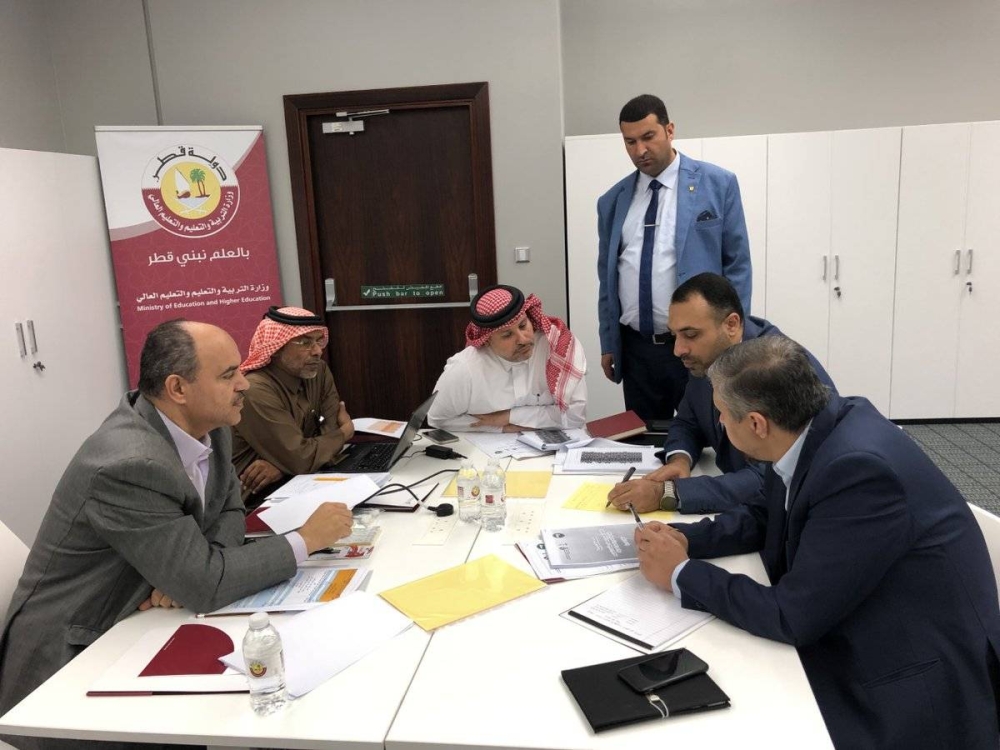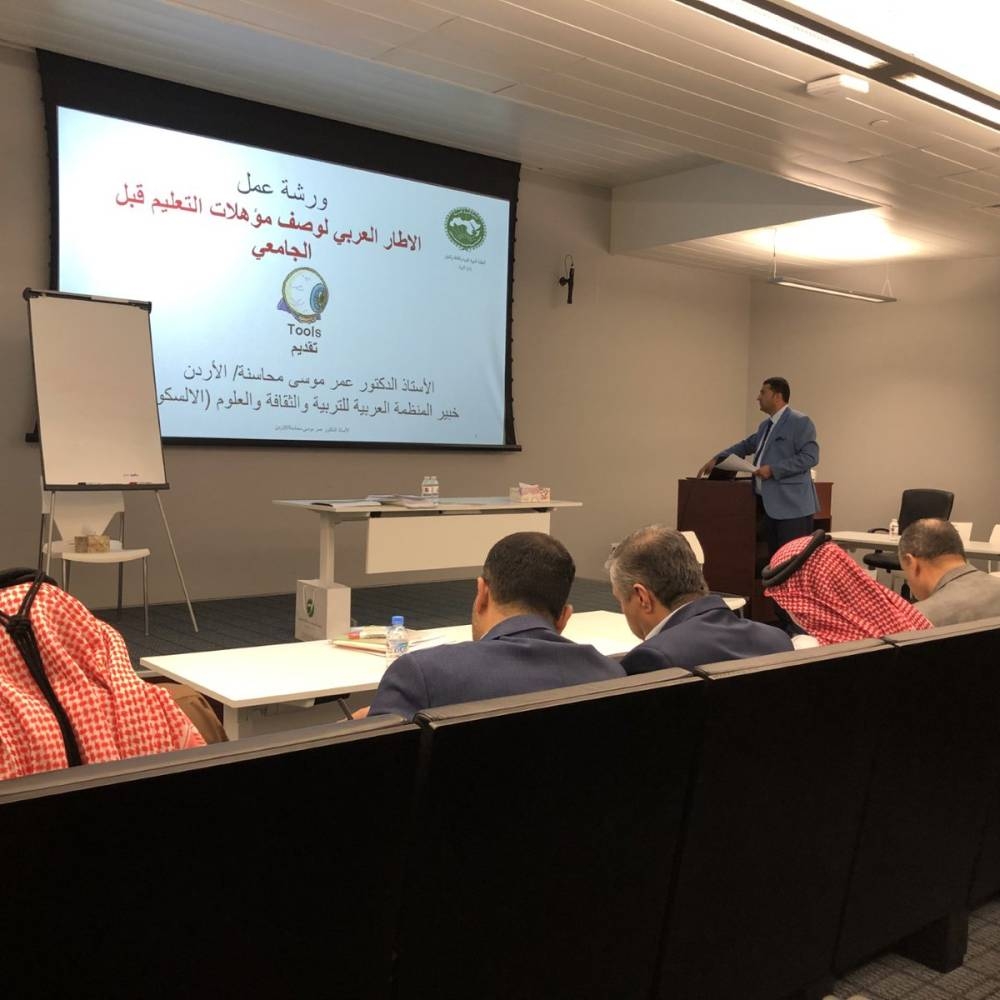The Arab League Educational, Cultural and Scientific Organization (ALECSO) hailed Qatar's efforts and initiatives in developing education and culture, serving the Arabic language by improving its teaching and dissemination in the world, and empowering the youth and women.
The organisation also praised the continuous work undertaken by Qatar to upgrade its education and curricula, making them accessible to all.
This came in a speech delivered by ALECSO's senior education specialist Dr. Hechmi Ardhaoui during the training course currently held in Doha by the Qatar National Commission for Education, Culture and Science in cooperation with ALECSO.
The course aims to enable educational leaders in Arab countries to develop their competencies, the status of their national cadres, and their educational qualifications for teaching pre-university stages, and ways of using, evaluating, and updating them to ensure the quality of the outputs of this type of education.
Among the objectives of the training course are familiarising participants with the terms of reference for setting frameworks to describe qualifications and their components, identifying the features of the graduate of each educational stage through characterising qualifications based on learning outcomes, and using national qualifications frameworks to harmonise them or equate them with regional and international qualifications frameworks to facilitate the link between different tracks and mutual recognition of qualifications.
During the activities of the training course, Dr. Amr Moussa Mahasneh, an expert at ALECSO, explained the Arab framework for describing the qualifications of pre-university education, which he said is divided into two branches. One of the branches is related to bringing the components of Arab educational systems closer together, taking into account capabilities and specificities, in a way that allows learners and teachers to move from one system to another, and the other is related to the concern of the Arab countries to catch up with advanced educational systems, he said, noting that achieving the two goals would contribute to building the human being.
Mahasneh touched on the framework's general objectives in achieving a number of strategies, including unifying concepts related to the Arab framework for describing pre-university education qualifications, ensuring an acceptable level of internal homogeneity between education systems in Arab countries, providing an Arab guiding approach to developing national frameworks for education standards, and encouraging interaction in educational projects in these countries.


